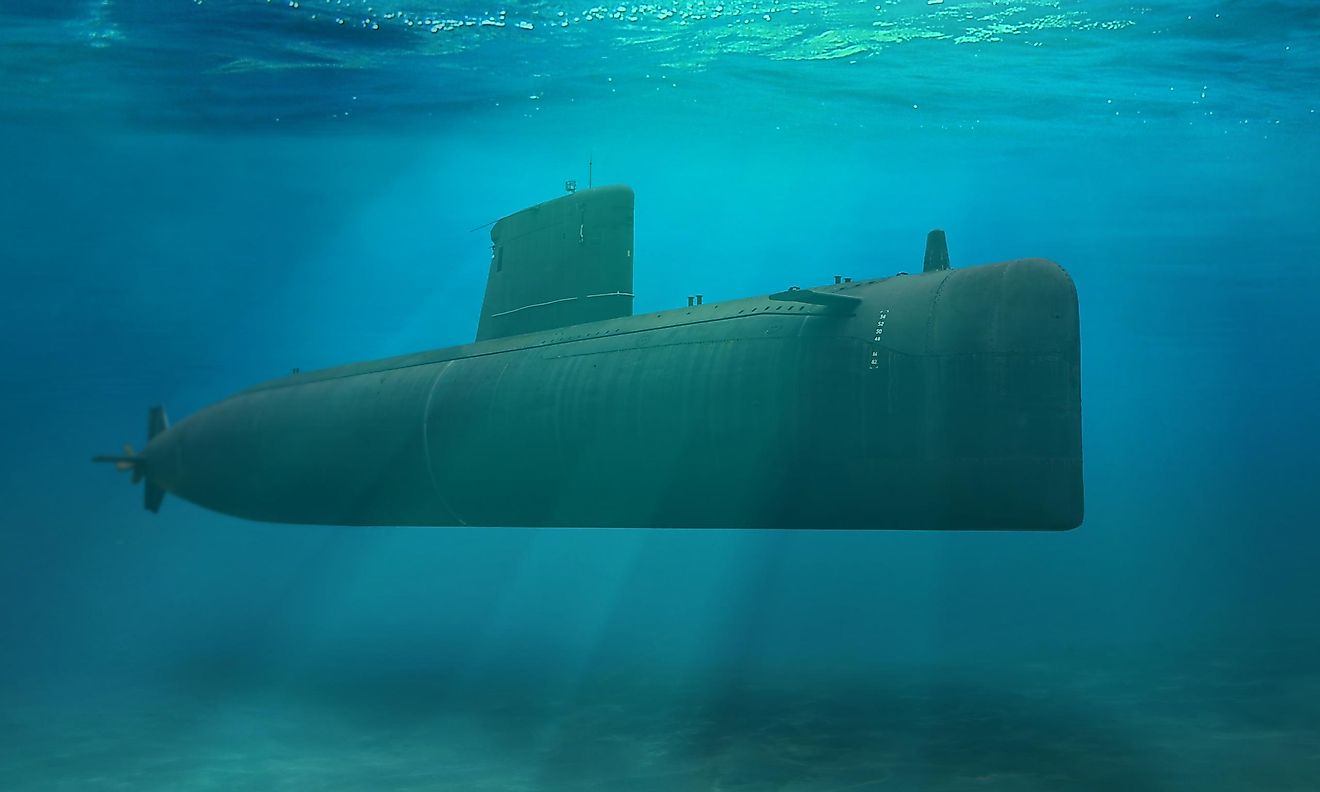Why Was Finland Forbidden From Having Submarines?

- Finland was forbidden from having submarines following World War II and since the end of the Cold War, it has decided it can, but hasn't acquired any.
- Finland was one of Germany's five allies during World War II, and is now the only Baltic Sea state without submarines.
- In order to operate and sustain a fleet of submarines, Finland would likely have to cut back on other land vessels that it already has.
At the moment, Finland can have submarines, but it does not. What makes this so unusual is the fact that this country now finds itself as the only Baltic Sea state that does not have any submarines in operation. Finland juts out in a peninsula into the icy Baltic Sea but does not have any military presence under it.
There are a few reasons for this, and the main on originates from the conditions set out by the Paris Peace Treaties in 1947.
The Paris Peace Treaties
The Paris Peace Treaties were the conditions decided on for Germany’s five allies to live by following the end of World War II. These were the peace terms that were agreed upon, and they affected Romania, Bulgaria, Hungary, Finland, and Italy.

Various treaties were devised between a number of countries at that time. Under the Paris Peace Treaties of 1947 between the Soviet Union (now Russia) and Finland, Finland was forbidden from constructing, fabricating, or testing a wide variety of weapons, including things like torpedoes, and submarines. So, from 1947 until 1990 when the Peace Treaties were abolished in Finland by a government announcement, Finland was not allowed to have any submarines in its possession. Or rather, the country could have them but not make or use them. Finland chose to abandon the old restrictions of the peace treaty when Germany reunified East Germany and West Germany in 1990.
From the Cold War to Today
So, since 1990, Finland has decided it is able to build and use submarines but its navy has chosen not to. Why is this so?
The only submarine the country now has is the Vesikko which sits in a museum in Helsinki, the country’s capital. Some say that acquiring new submarines would simply be too expensive. Sweden is said to have offered to sell Finland some submarines for a good price in the 1990s but the deal fell through. The cost to create a new submarine service would have been too high for Finland. The money needed to create new training facilities, new naval bases, additional logistics chains, and to pay to operate the submarines on a day-to-day basis was predicted to be something that Finland could not really afford.

Some say that acquiring three or four new submarines would require getting rid of a number of other surface combat vessels that Finland already has in operation, and that the benefits would not be great enough, in the end.
Interestingly, Finland faced a similar economic predicament prior to the Second World War. The country almost acquired ex-Russian submarines around 1918, but this also proved to be too costly for the Finnish Navy in the interwar years at that time. Later, the country did go on to own submarines in the years just prior to WWII, one of which was the only military submarine ever built to be used on a lake, called Saukko. These were used during WWII.
Will Finland ever own and operate submarines in the Baltic Sea in the future? Likely not for a while, but who knows what times to come really hold.











